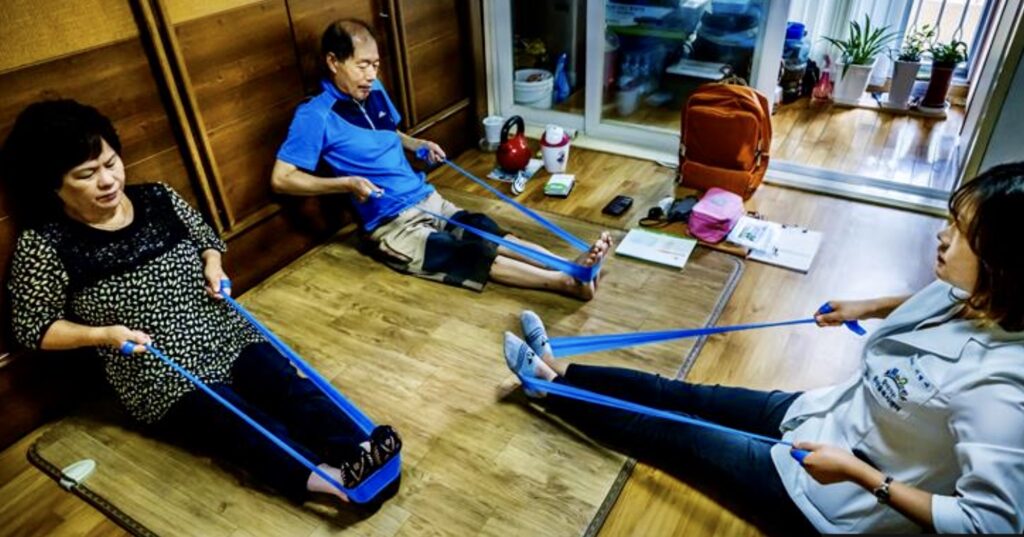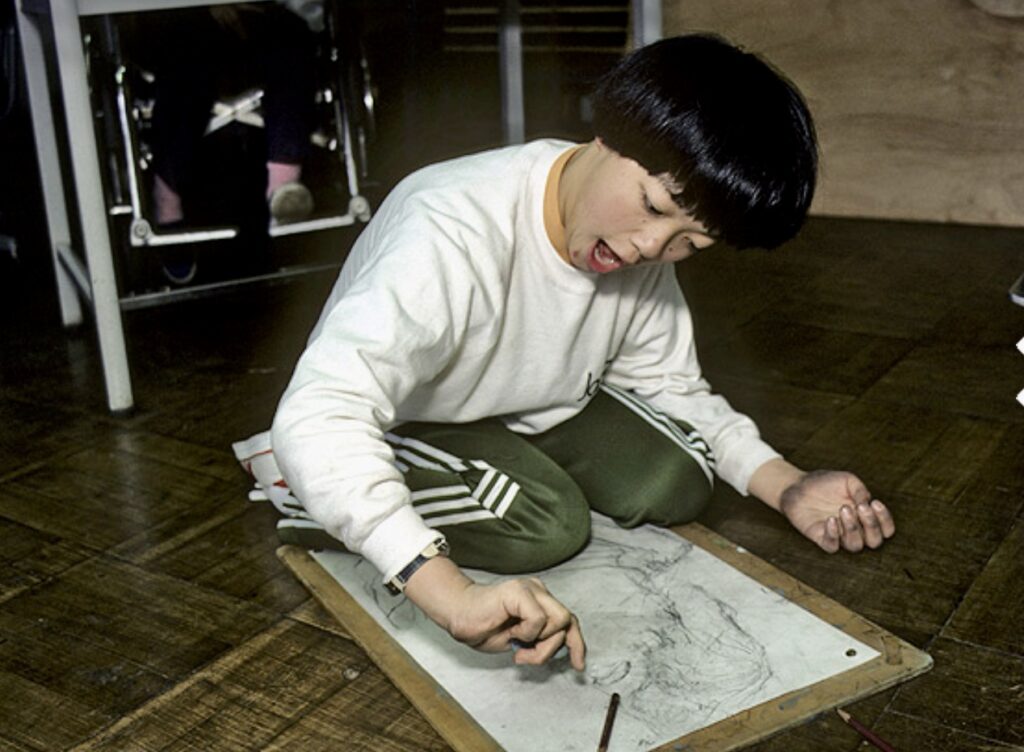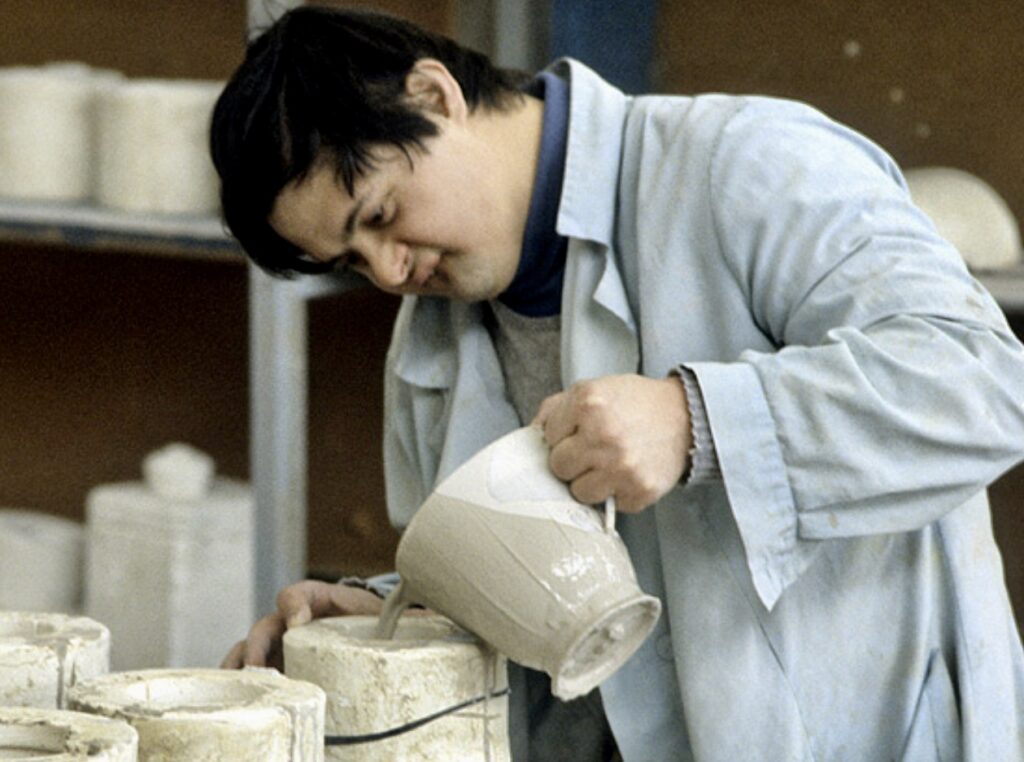By Henrylito D. Tacio
Photos courtesy of WHO
The world was still grappling with the coronavirus disease 2019 (COVID-19) since January last year – and there’s no end in sight yet despite the availability of vaccine.
“The global crisis of COVID-19 is deepening pre-existing inequalities, exposing the extent of exclusion and highlighting that work on disability inclusion is imperative,” the WHO deplores.
Even under normal circumstances, persons with disabilities are less likely to access health care, education, employment, and participate in the community.
“The COVID-19 pandemic provides a unique opportunity to build back better our health systems so that they are more inclusive and responsive to the needs and human rights of people experiencing disability in all their diversity,” the Geneva-based World Health Organization (WHO) points out.
The United Nations health agency says there are around one billion PWDs around the globe. This corresponds to about 15% of the world’s total population. Between 110-190 million adults have very significant difficulties in functioning.

“(People with disabilities) are the poorest of the poor,” the WHO says. “The stigma and discrimination they suffer are common in all societies. People with disability are often denied chances to work, attend schools and participate fully in society – which creates barriers for their prosperity and well-being.”
In the Philippines, based on the 2010 census, about 1.44 million Filipinos, or 1.57%, had a disability, out of the 92.1 million household population, according to the Philippine Statistics Authority. The recorded figure of PWDs in 2000 was 935,551 persons, which was 1.23% of the household population.
Section 4 of the Republic Act No. 7277 or the Magna Carta for Disabled Person lists the definition of disability in the country.
A disabled person is defined as individuals “suffering from restriction or different abilities, as a result of a mental, physical or sensory impairment, to perform an activity in the manner or within the range considered normal for a human being.” By impairment, it means “any loss, diminution or aberration of physical, physiological, or anatomical structure of function.”

There is a fine line between disability and handicap. Disability comes in three forms:
- A physical or mental impairment that substantially limits one or more psychological, physiological or anatomical function of an individual or activities of an individual.
- A record of such impairment.
- Being regarded as having such an impairment.
Handicap, on the other hand, is defined as “a disadvantage for a given individual resulting from an impairment or a disability, that limits or prevents the functions or activity, that is considered normal given the age and sex of the individual.”
The recognition of PWDs in the country was stated in the 1987 Philippine Constitution. Since then, several laws have been passed. Republic Act No. 6759, ratified in 1989, recognized visually impaired PWDs’ need for assistance and as a reminder for the public of their duty to care for and respect their brethren.
The Magna Carta for Disabled Persons was ratified on March 24, 1992. On December 1, 2016, the Republic Act No. 10754 was ratified as an expansion of the benefits and privileges of PWDs in the country as an amendment to the Republic Act No. 7277.
Under R.A. 10754, one of the benefits of PWDs is 20% discount and value-added tax exemption on the purchase of certain goods and services such as lodging establishments, restaurants, recreation centers, purchase of medicines and foods for special medical purposes, medical and dental services, diagnostic and laboratory fees and professional fees of attending doctors, domestic air and sea travel, land transportation travel, funeral and burial services for the death of PWD.

Other benefits include education assistance, benefits from GSIS, SSS, and Pag-Ibig, based on their respective charters, special discounts in special programs, and express lanes.
In like manner, the Bureau of Internal Revenue provides tax benefits and privileges to qualified PWDs and their benefactors or someone who cares and lives with them, under Regulations 5-2017.
The world is full of disabled people. But disability didn’t stop them from pursuing their ambition and becoming famous. The website, wecapable.com, listed them:
Leading the list was Stephen Hawking, who had amyotrophic lateral sclerosis. Although confined to a special wheelchair mounted with a computer that used to speak for him, he was one of the most famous scientists the world has ever known.
Helen Keller is perhaps the best-known icon of persons with disabilities. In her autobiography, The Story of My Life, she admitted that she became deaf-blind at 19 months due to an unknown illness.
Another one is Franklin D. Roosevelt, the 32nd president of the United States. He contracted polio in 1921, and his legs became permanently paralyzed. In 1938, he founded a foundation, which was later renamed as March of Dimes.
Frida Kahlo was also a polio victim. Although she spent most of her life in bed suffering pain, she was determined to make life worth living, thus making her one of the most famous Mexican painters and a cultural icon.
Andrea Bocelli became blind when he was 12 due to congenital glaucoma. He turned to music and became famous. In 2006, he was awarded the Grand Officer of the Order of Merit of the Italian Republic.
In the Philippines, the late senator Ernesto Herrera comes to mind. Like Apolinario Mabini before him, he overcame a physical handicap caused by polio during his childhood. He has earned an enviable reputation as a trade union leader, an advocate of law and order, and a legislator in the 8th, 9th and 10th Congress.
Meanwhile, the COVID-19 vaccine may soon be available. Still, the rights of PWDs must be recognized.
“As the world recovers from the pandemic, we must ensure that the aspirations and rights of persons with disabilities are included and accounted for in a -inclusive, accessible and sustainable post-COVID-19 world,” urged UN Secretary-General Antonio Guterres. “This vision will only be achieved through active consultation with persons with disabilities and their representative organizations.”

